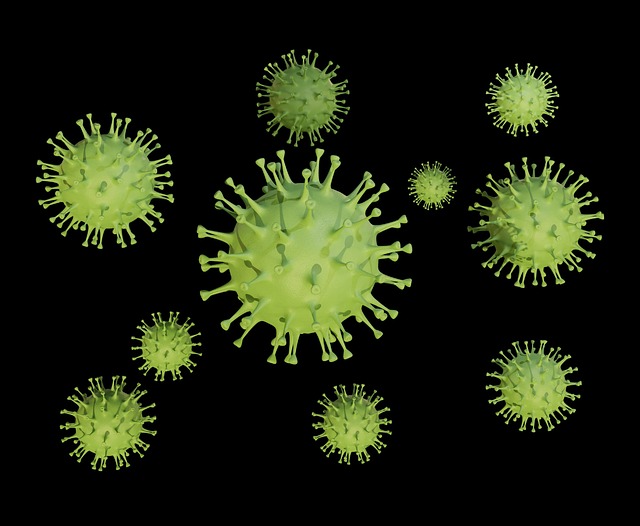The antiviral drug molnupiravir is conditionally recommended for patients with non-severe Covid-19 who are at highest risk of hospitalization, a WHO Guideline Development Group of international experts says today.
Patients at highest risk for hospitalization tend to be those who are unvaccinated, older people, and people with weak immune systems or chronic illnesses.
However, the panel says that young, healthy patients, including children, and pregnant and lactating women should not receive the drug because of potential harms.
Molnupiravir is an antiviral medicine that works by stopping the growth and spread of coronavirus. If used as soon as possible after infection, it can help prevent the development of more serious symptoms.
Today’s recommendation is based on new data from six randomized controlled trials involving 4,796 patients. This is the largest data set on this drug so far.
Moderate-certainty evidence from these trials suggests that molnupiravir reduces the risk of hospital admission (43 fewer admissions per 1000 highest-risk patients) and time to resolution of symptoms (average 3.4 days less), while low-certainty evidence suggests a small effect on mortality (6 fewer deaths per 1,000 patients).
The panel outlines necessary mitigation strategies at the population level, including pharmacovigilance and monitoring of antiviral resistance, given concerns about genotoxicity (damage to the genetic information of a cell that causes mutations), the emergence of resistance and new variants.
They do not make recommendations for patients with severe or critical illness as there is no trial data on molnupiravir for this population.
And they recognize that cost and availability issues associated with molnupiravir may make access in low- and middle-income countries challenging and exacerbate health inequity.
In the same guideline update, the panel recommends a treatment that combines two antibodies (casirivimab and imdevimab) to be used in people who do not have the confirmed omicron variant, as new evidence demonstrates a lack of effectiveness against the omicron variant.
Today’s recommendations are part of a living guide, developed by the World Health Organization with the methodological support of the MAGIC Evidence Ecosystem Foundation, to provide reliable guidance on the management of covid-19 and help doctors make better decisions. with his patients.
The guidelines are useful in fast-moving areas of research like Covid-19 because they allow researchers to update previously vetted and peer-reviewed summaries of evidence as new information becomes available.
The guideline adds to previous recommendations for the use of baricitinib, interleukin-6 receptor blockers, and systemic corticosteroids for patients with severe or critical Covid-19; for the use of sotrovimab for patients with non-severe covid-19 and against the use of convalescent plasma, ivermectin and hydroxychloroquine in patients with covid-19 regardless of the severity of the disease.
The recommendation for remdesivir is under review due to new trial data. Recommendations for fluvoxamine and nirmatrelvir/ritonavir are currently being prepared.
















